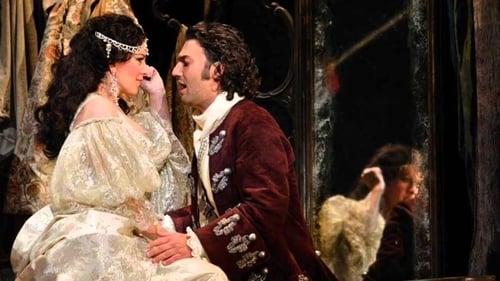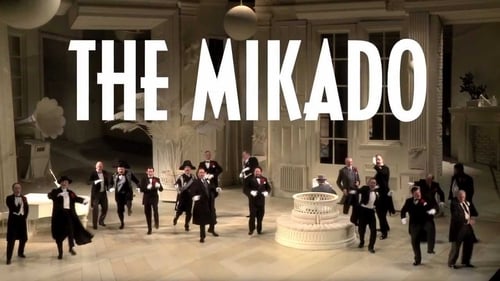
Abbé de Chazeuil
Mark Elder leads the orchestra and chorus in a lavish performance . . . She certainly has the temperament to play Adriana, who can present herself as humble and sweet but, in a scene where she takes the stage, is nothing if not intense . . . this recording provides a reminder of how secure and uniquely attractive her singing can be. Her soprano glides effortlessly, its top still silvery, over the oft-excerpted arias "Io son l'umile ancella" and "Poveri fiori." There's a real core even in much of her soft singing, and the recording flatters her lower register. As Maurizio, Jonas Kaufmann has the ideal chiaroscuro sound to portray both poet and warrior. It's great to hear his robust tenor at full force . . . Olga Borodina makes for an imperious princess . . . Alessandro Corbelli employs luster and dignity.

After the Viennese premiere, the Fledermaus (the bat) conquered the world. It is one of the few operettas that are regularly performed at the major opera houses such as the Metropolitan Opera, the Scala Milan, the Vienna State Opera and the Royal Opera House Convent Garden in London. John Cox directed this lavishly equipped production by Julia Trevelyan Oman initially in London in 1977. On New Year's Eve 1990, this staging offered the luxurious ambiance for the farewell to Joan Sutherland from her London audience. The singer had admired them since her first great success at this prestigious opera house in the fifties. The rushing feast in the second act reached its climax with its stormy cheered performance and the commitment of her friends and colleagues Luciano Pavarotti and Marilyn Horne, with whom she often stood together on the stage.

Governor/Captain/Gambler
Bernstein's comic opera, based on Voltaire's classic satire, directed by Jonathan Miller and John Wells, is performed in a new production by Scottish Opera.

Nanki-Poo
Jonathan Miller set his well-known production of The Mikado, staged for the English National Opera, in a British seaside resort of the 1920s. The result, complete with a chorus of gentlemen of Japan as cartoon-like British peers, emphatically underscores the Englishness of the satire. The occasional non sequiturs, like a bunch of gentry dressed for Ascot and singing in Japanese, are loonily fun, and no more absurd than the fantasyland Japan that Gilbert and Sullivan invented. The time frame, though, seems little more than an excuse for a smart black-and-white production design.



